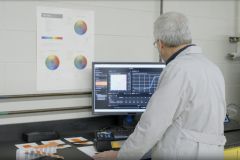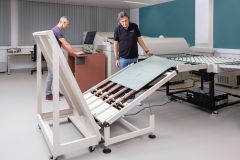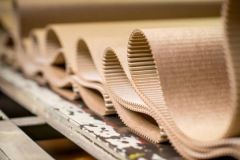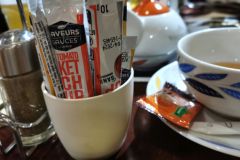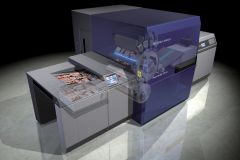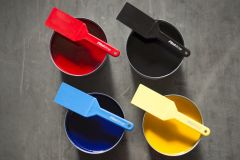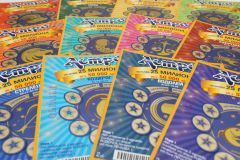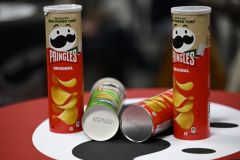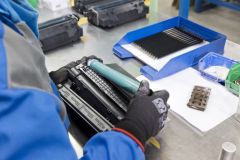Printing inks containing mineral oils will soon be banned in France. From 2021, the presence of mineral oil inks in printed matter will lead to a 10% Citeo tax malus, and then in 2022 to a 20% malus. And Article 12 of the Circular Economy Act goes further: from 1 January 2022, these consumables will be banned in packaging, from 1 January 2023 in unaddressed advertising leaflets and catalogues, and from 1 January 2025 in printed matter intended for the public.
Inks used in heatset offset printing are particularly affected by these new measures. The main purpose of the bans is to prevent contamination during the recycling of paper and packaging board.
Citeo, the body charged by the State with the recycling of household packaging and graphic paper, Citeo, with a working group of which the National Union of Printing and Communication Industries (Uniic) is a member, has been commissioned by the government to define the conditions for the application of the decree banning mineral oils.
Testing mineral oil-free inks in actual production before the ban
Currently, there are three types of inks without mineral oil: so-called white inks, vegetable oil-based inks and bio-sourced inks, the last two having a higher additional cost.
Tests of these inks without mineral oil have already been carried out on short runs. "We asked for full-scale tests, over a long period of time and on real jobs, to prove that alternative inks are technically and economically acceptable to printers, explains Matthieu Prevost, environmental manager at Uniic.
Technical and financial assistance for printers
Citeo is therefore calling for applications to test one of these three inks on customer files. The call for applications is aimed at printers equipped with web offset presses with hot-air thermal dryers (headset). The printers selected for this test will receive technical and financial support. Consultants will be at their disposal before and during the tests and, depending on their press fleet, they will receive a flat rate of 6,000 to 10?000 euros excluding VAT (depending on the number of formats of their presses).
"It's a complete R&D project because it involves the entire graphics chain. You have to put together a team that will involve ink suppliers, offset drivers, management and the customer, says Matthieu Prevost. C he test of mineral oil-free inks will be of interest to all customers sensitive to these issues. It is a major competitive advantage for them."
Rolling for a month with one of the alternative inks
The printer will have to print three jobs for one month with their traditional ink, which will be the reference ink, and then run three other jobs for another month with the alternative ink they have previously chosen.
The production will have to be followed up with notes and photos and the report handed in before June 30, 2021.
Randomly selected copies will be compared by Citeo according to two main criteria, namely printability and print quality.
A test that will allow us to anticipate customers' questions
" The public authorities have set up an incentive system with Citeo eco-contribution malus for the client. As of 2021, printers will therefore have to be able to offer solutions that allow their customers to avoid this increase, says Uniic's environmental manager. Beyond that, this project is an opportunity for printers to make alternative inks their own, to check for themselves the compatibility with the current machine park and to validate or not the technical solution and economic viability."
Applications must be sent before Thursday 1 October 2020 (23:59). Companies will be informed of the selection decision on 16 October 2020 and the contract with the selected printers must be finalised before the end of November 2020.






